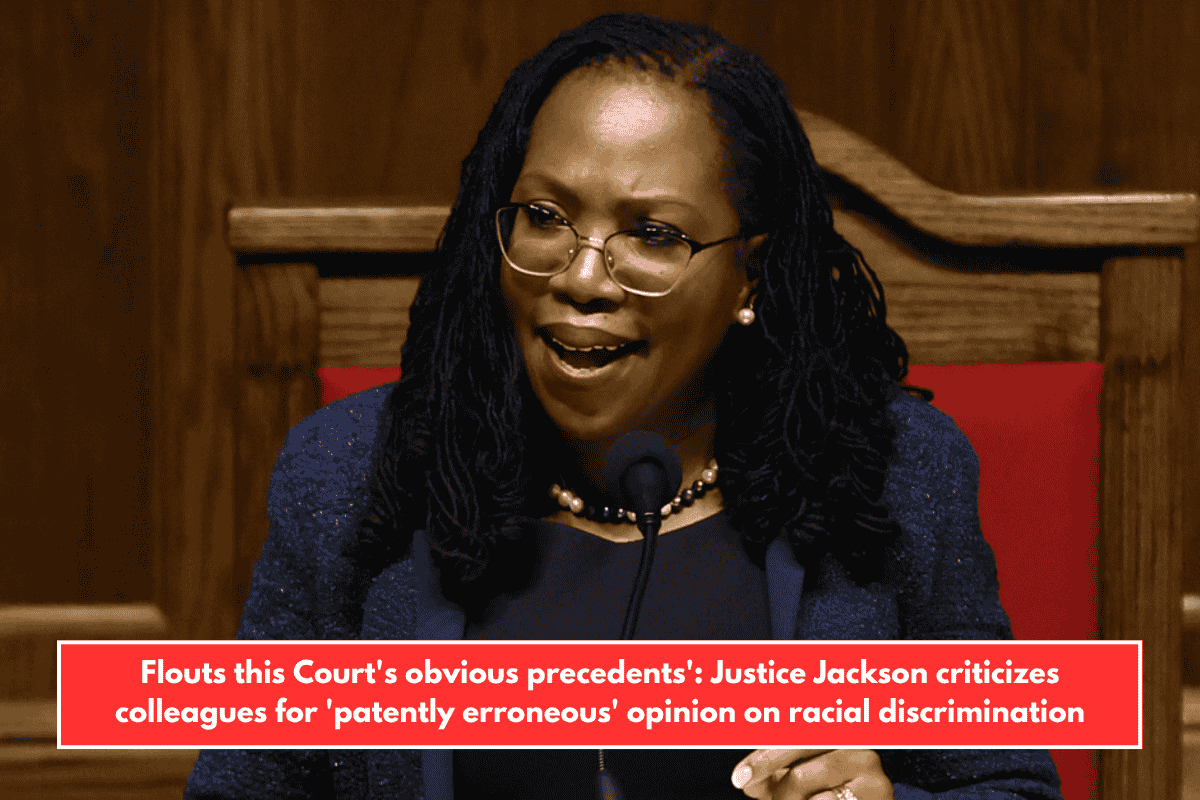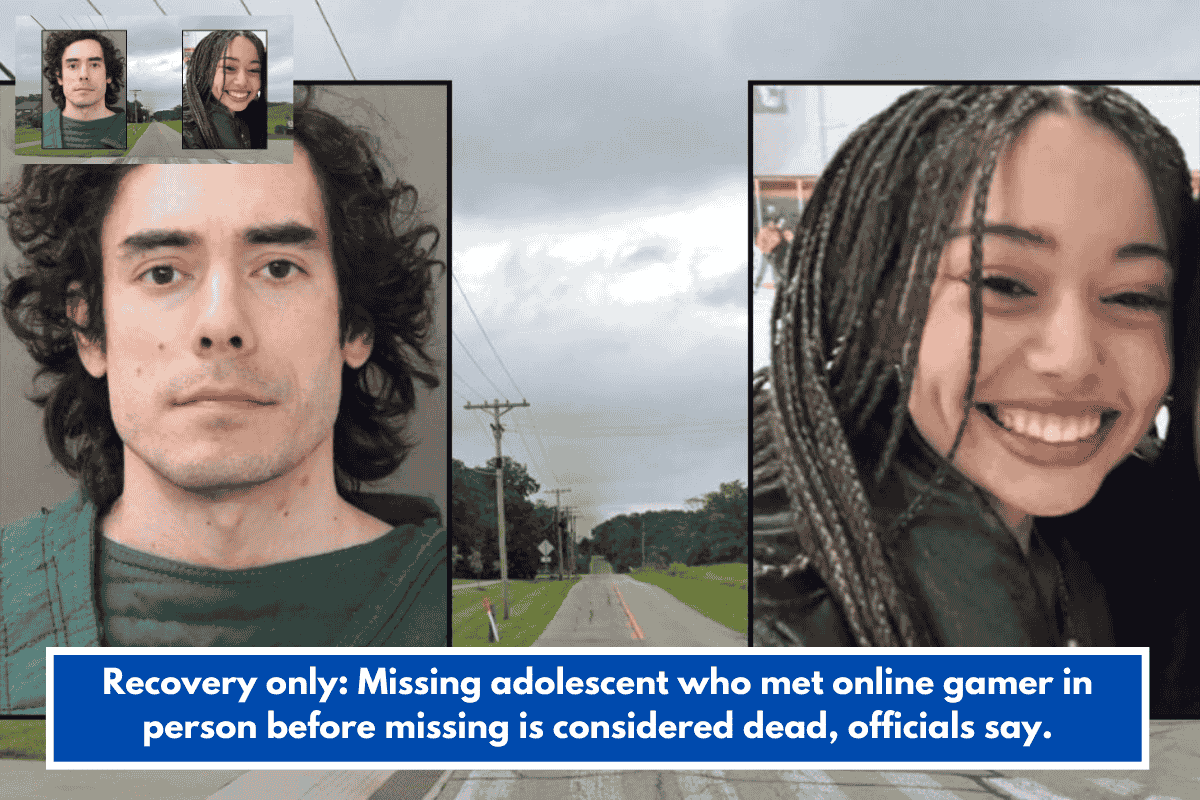The U.S. Supreme Court refused to hear the case of Chanel Nicholson, a Black adult entertainer who alleged racial discrimination at Houston-area strip clubs that enforced quotas limiting the number of Black performers allowed to work simultaneously. The court’s 7-2 decision upholds a ruling that her claims were time-barred due to the statute of limitations.
Case Background
Nicholson filed suit in 2021 against two clubs, Splendor and Cover Girls, alleging that management instructed a severe limitation on Black dancers at the clubs. She claimed repeated denial of work opportunities because of her race, including being turned away multiple times weekly. Notably, in November 2017 and again in August 2021, managers told her she could not perform because “there were already too many black girls” or “not taking any more black girls.”
Legal Proceedings
The lower courts and the U.S. Court of Appeals for the 5th Circuit ruled that the statute of limitations began in 2014, when Nicholson first faced discrimination. They viewed later incidents as continued effects of the original act, thus not independently actionable.
Supreme Court Decision
The Supreme Court declined to review the case, effectively leaving the 5th Circuit’s ruling in place. The majority reasoned that since the initial discrimination began in 2014, Nicholson’s later claims were time-barred.
Dissent by Justice Ketanji Brown Jackson
Justice Jackson, joined by Justice Sonia Sotomayor, strongly dissented. She criticized the majority and the 5th Circuit for ignoring clear precedent that each discrete act of discrimination starts a new filing period. Jackson emphasized:
- Each discriminatory act is independent and should be treated as such.
- Prior knowledge of past discrimination does not bar claims about related but separate acts.
- If a discriminatory act occurred within the statute of limitations, the claim is timely.
Jackson warned that the ruling protects the clubs from accountability for ongoing discriminatory conduct due to their “sustained discriminatory motivation.”
While the Supreme Court declined to hear Nicholson’s appeal, Justice Jackson’s dissent highlights important legal principles about how racial discrimination claims should be treated when multiple discrete acts occur over time. The case underscores ongoing challenges in enforcing employment discrimination laws.














